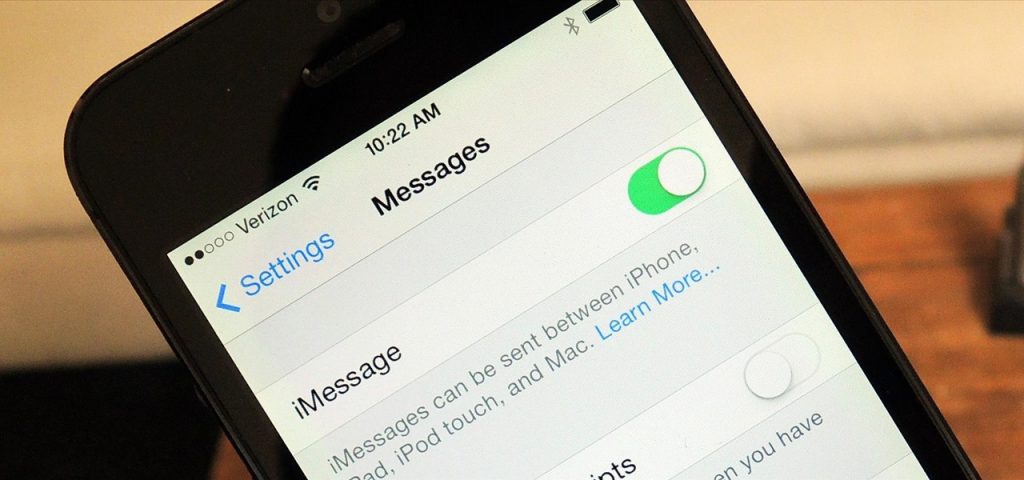If you’ve ever tried switching away from an iPhone or know someone who has (yep, that pretty much covers everyone) you’d be well aware of the problems you face receiving iMessage texts from your iPhone wielding friends. It’s a well-known and long-standing issue which we all just assume is Apple sneakily making it harder to escape it’s clutches.
Well, one person’s decided to do something about it: Adrienne Moore of California filed a U.S federal lawsuit with Apple in May of this year, claiming it failed to tell her (and all other consumers) that iMessage would stop them receiving text messages if they changed handsets. On November 10, U.S District Judge Lucy Koh told Apple that Moore has a case, and now it must clarify it’s stand on the matter.
A Subtle Message to iPhone Users
Contents
Text messages sent on iPhones running iOS 5 or higher use Apple’s iMessage, which sends text messages over an encrypted communication network, but doesn’t work on any other platform. When you switch your handset for say a Samsung Galaxy S5 or Nexus 6, which will no doubt be the case for a lot of people this year, iMessage by default will stay on, meaning anyone contacting you from an iPhone will still be able to send you text messages – but it will use the iMessage service. Since your new phone doesn’t have that, you just won’t receive them.
Apple will tell you to go back to your old iPhone handset and manually turn off iMessage, which is what they told Moore. But as she discovered, as have everyone else going through the same trial (pun intended), this only fixes some of the text messages.
Apple advice just a patch, not a fix
Moore’s problems continued, to which Apple told her to ask her friends to upgrade their devices to the latest iOS, and keep deleting and replacing her number in their phones. But as with the rest of us, this still only solved some of the issues, as stated in Judge Koh’s ruling:
Plaintiff also contends these solutions do not address the threshold issue that Plaintiff is unable to discern which of her contacts are using Messages to contact her because she is not receiving their messages.
According to Moore, this has impeded on the full use of her phone contract with Verizon Wireless:
Apple’s actions tortiously interfered with Plaintiff’s contract with Verizon Wireless because Plaintiff was entitled to send and receive text messages under her wireless service contract and Apple’s actions deprived her of the benefit of receiving text messages from Apple device users.
Interestingly, as most of us already know, Apple revealed a new online tool last week for users to turn iMessage off via the web instead of their old iPhone. It all looks a bit fishy, given the lawsuit against iMessage was first filed by Adrienne Moore in May of this year.
What are the alternatives to iMessage?
The ill-timed court case comes as the battle for instant messaging is heating up, with mass-market apps like WhatsApp, Google Hangouts and the infamous Facebook Messenger all contending for the hearts of text messaging consumers around the world. In most countries, though, the use of iMessage is so ingrained in Apple users that a large percentage will probably never think about using anything else for their basic text messaging needs.
iMessage recently claimed the best and most secure ‘mass market messaging app’ by a report published earlier this month by Electronic Frontier Foundation (EFF).
It’s tough enough adjusting to a new handset, without having to keep asking that girl if she ‘sent the photo to the right number’.
Can’t we all just get along, Apple?

